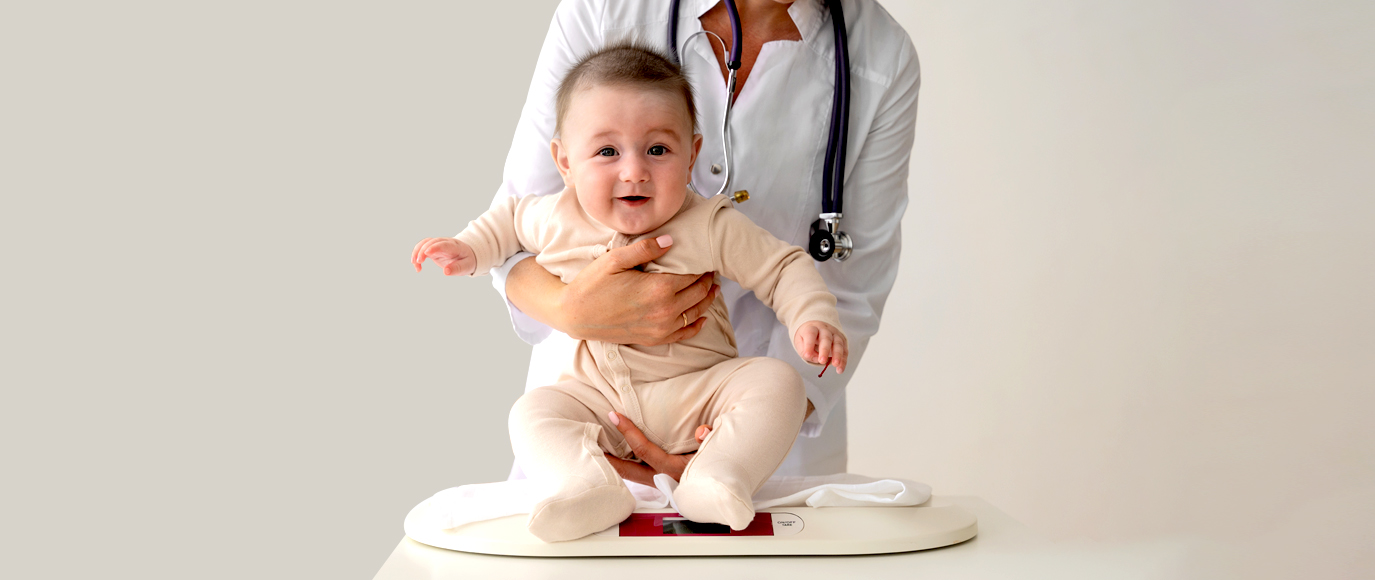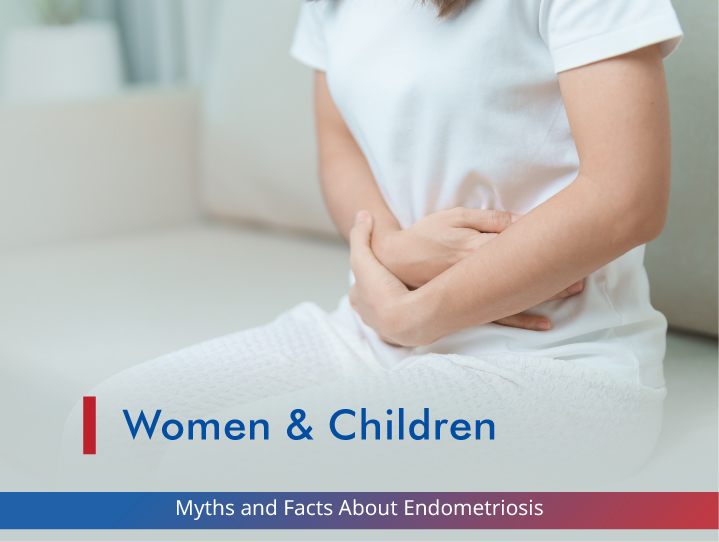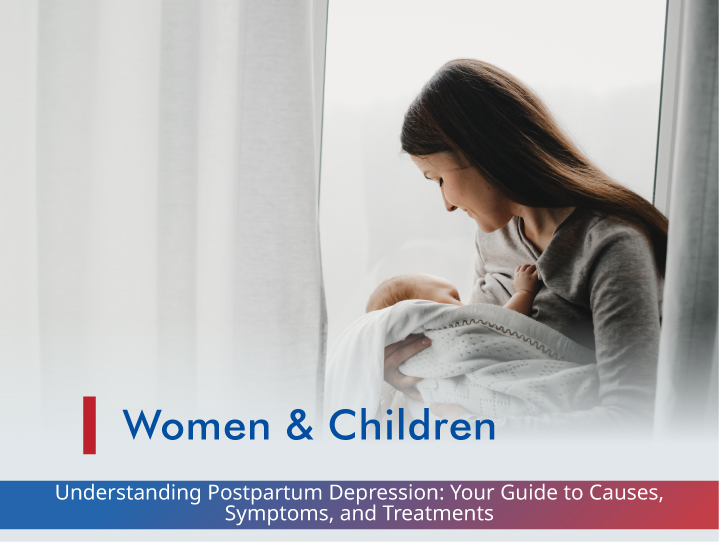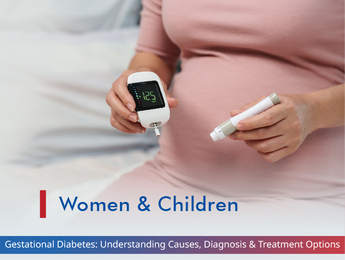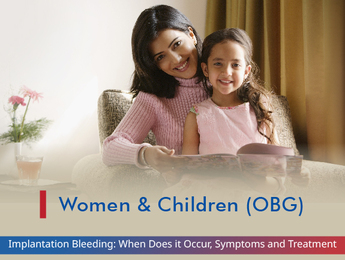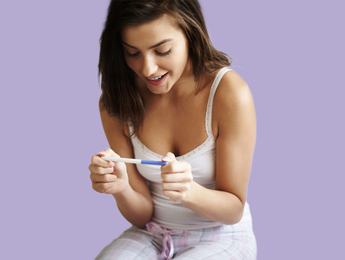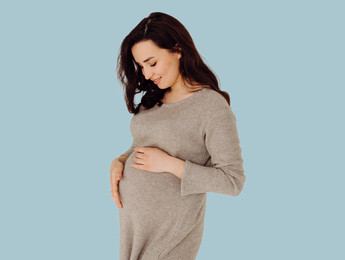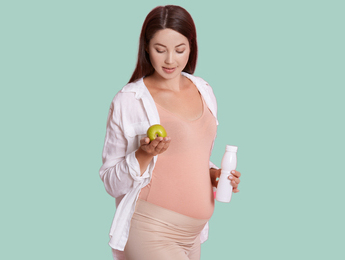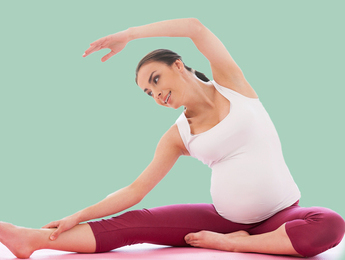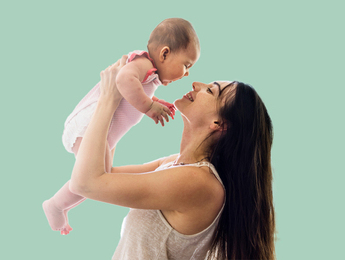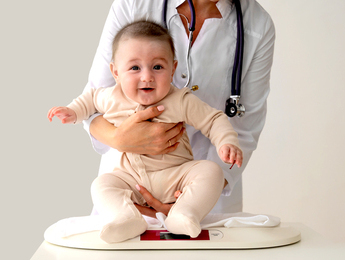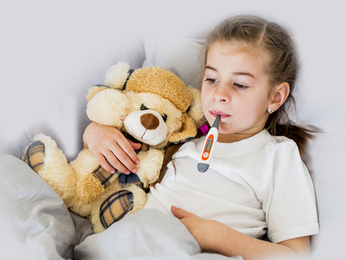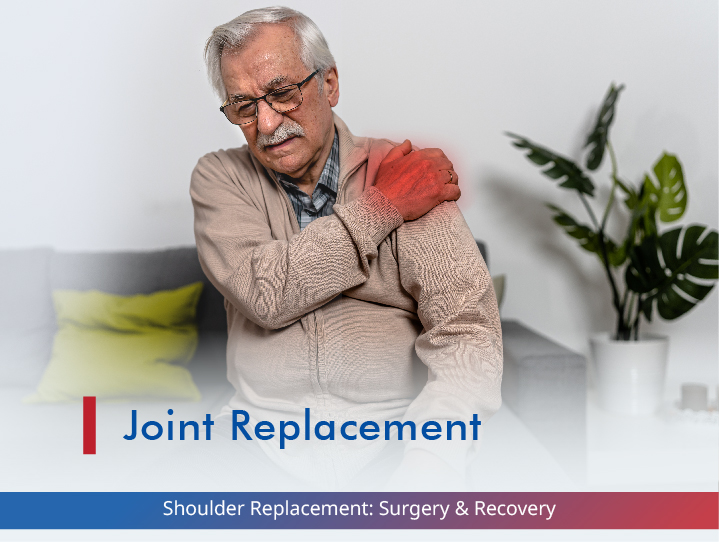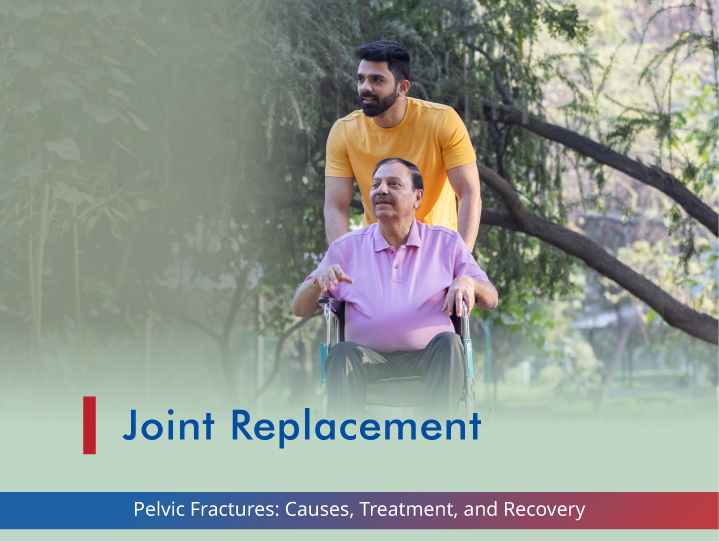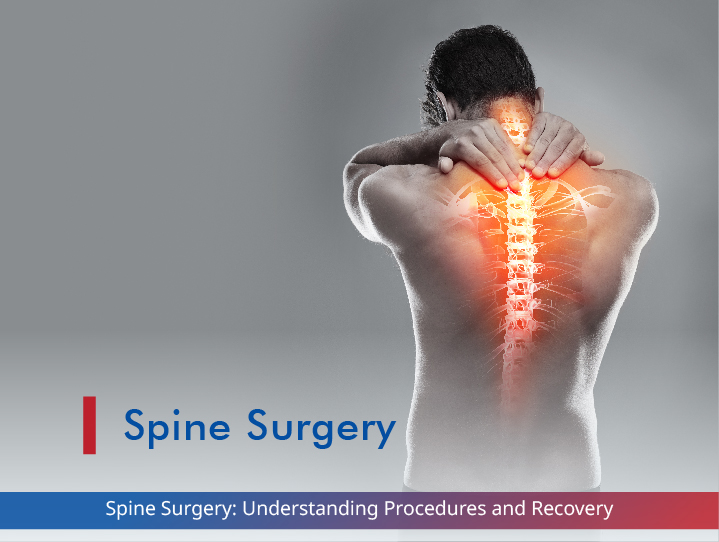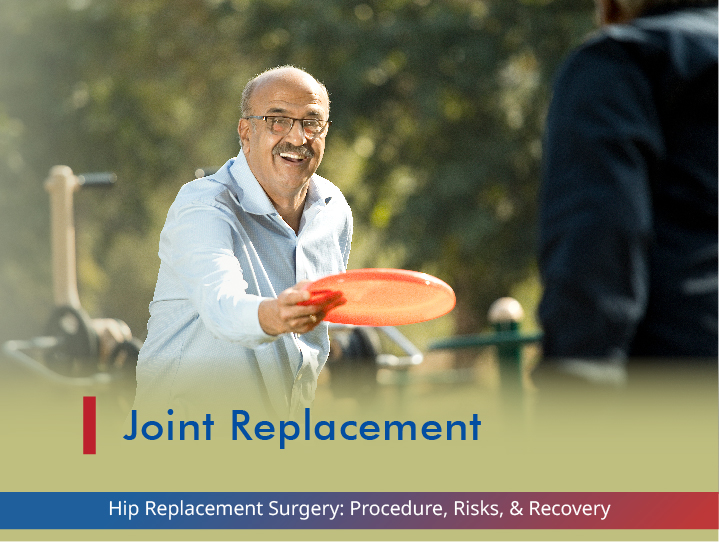After the initial excitement of the birth of the baby at the hospital, you will be discharged and allowed to take the baby home. All of a sudden, taking care of your newborn by yourself can seem like a daunting task. However, the trick of the game is to be relaxed and not feel overwhelmed. Babies do fuss and cry a little and that is absolutely normal. It is a period of adjustment for both the baby and its parents.
You would have already been taught the correct way to breastfeed the baby at the hospital. Continue to give the baby ONLY breastmilk for the first 6 months of the baby’s life. Breastmilk contains all the nutrients essential for the baby’s immunity and growth. The baby will need to be fed at 2-3 hourly intervals. It is essential to burp the baby after each feed. The baby may spit up a little milk as he burps and this is absolutely normal. As the baby is feeding so frequently, it is natural that he will soil his diaper very often. Checking and changing wet diapers should be done very often to avoid diaper rash. Additionally, diaper rash cream also can be used.
In the first few days when the baby still has the stump of the umbilical cord, it is essential to keep the cord dry and free from infection. The baby can be given a warm sponge bath everyday for the first week or so. The umbilical cord site should be checked for any oozing that indicates infection. The umbilical cord may dry and fall off by itself at any time within the first two weeks of life. After this, the baby can be given a warm bath including the head. The frequency of baths would depend on the weather. It is essential that the baby be kept warm as the body temperature regulation of the baby is not yet fully mature. If you live in a warm, humid climate, you can give a bath every day. In colder climates, it is sufficient if the baby is given a bath 2-3 times a week. Take care to wear appropriate clothing to keep the baby warm at all times.
Although you might have a lot of very affectionate relatives raring to pay you and your baby a visit, please restrict visitors in the initial weeks. Visitors increase the chances of your baby being exposed to viral infections. Even the close relatives handling the baby everyday should be reminded to wash hands before taking the baby.
A baby may cry for a number of reasons which may include hunger, feeling too cold or warm, a wet diaper or colic. However, there are a few danger signs you should keep an eye out for – refusal to feed, lethargy, repeated vomiting or fever. In case you notice these signs in your newborn, reach out to your neonatologist or pediatrician immediately.

